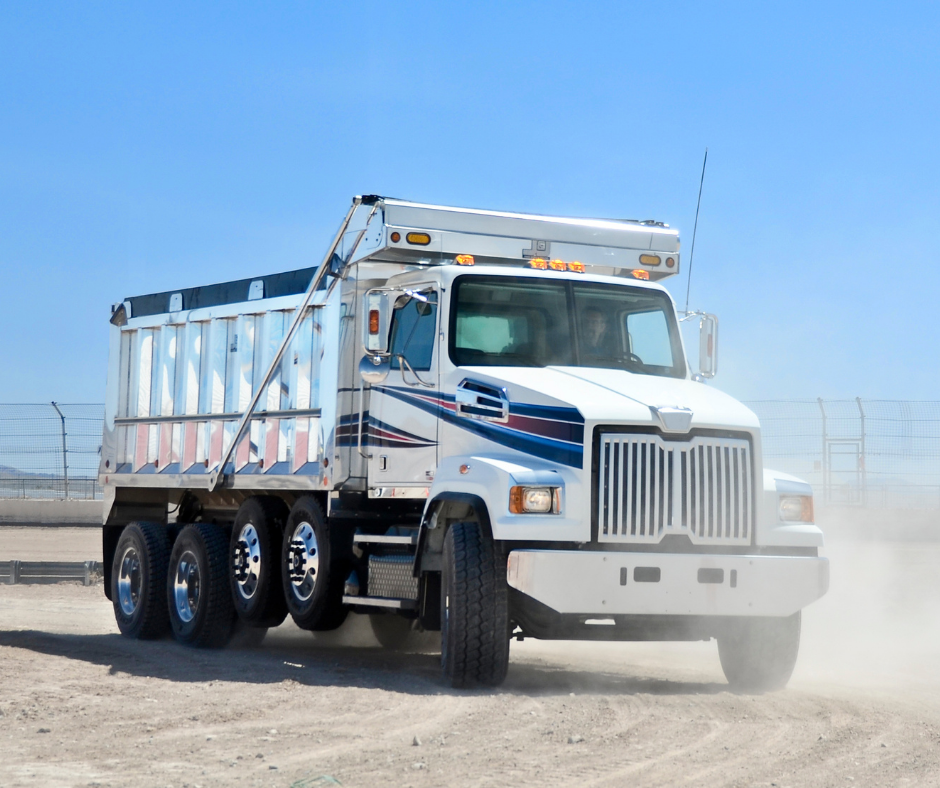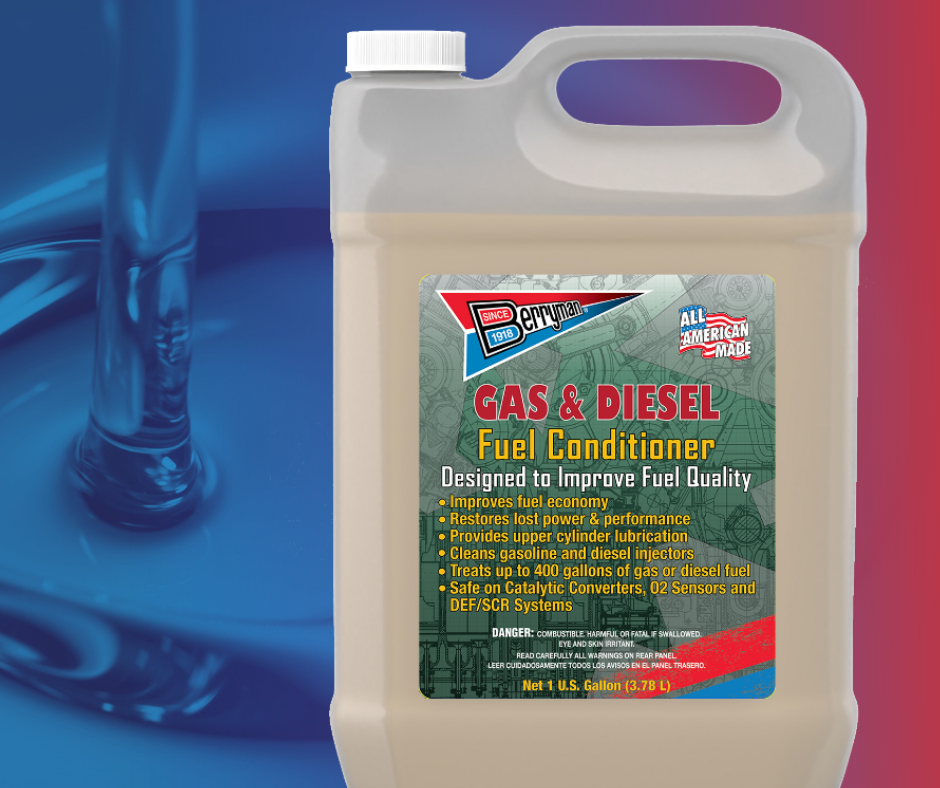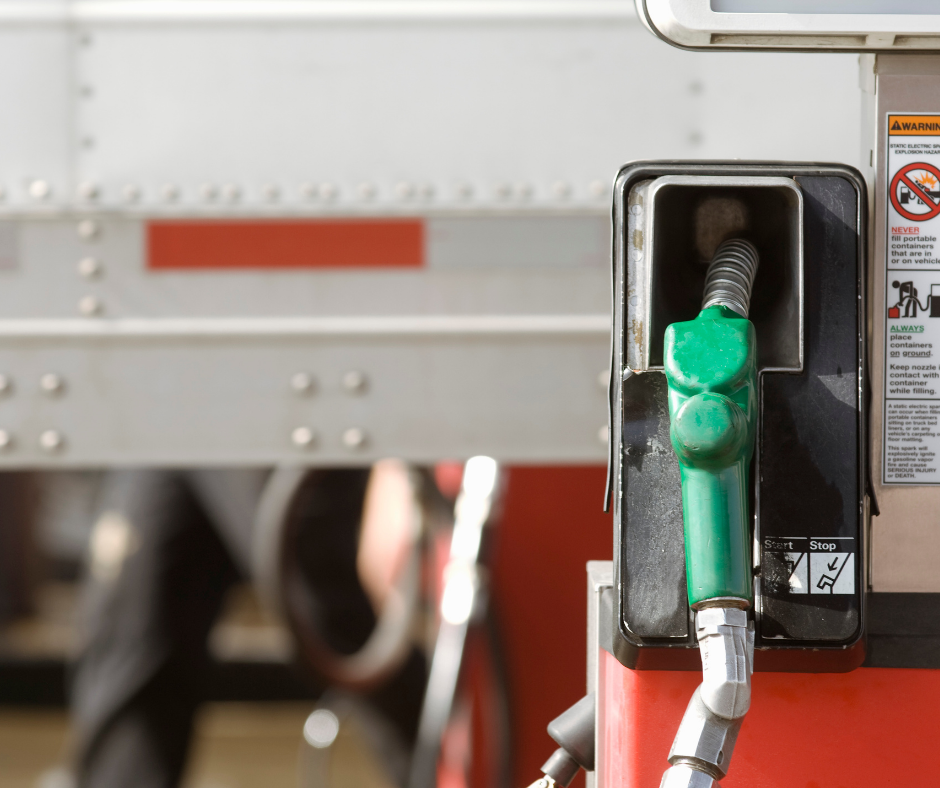Understanding how your vehicular equipment works is the main ingredient for keeping it running smoothly, indefinitely. But learning the ins and outs of your vehicle—how it works, how to care for it, its features, repairs—takes time. So take it step by step!
Since many diesel equipment owners need a truck for their business or livelihood, we are here to discuss the fundamentals of cetane, as well as how your cetane rating might impact your rig.

Define: Cetane
Cetane is colorless liquid hydrocarbon with the chemical formula C16H34 that is used as a solvent.
If this seems like a familiar term, but the full meaning of cetane remains a mystery, then you are not alone. Keep reading!
-
Cetane is a chemical compound found naturally in diesel.
-
It ignites easily under pressure.
-
Because of its high flammability, cetane serves as the industry-standard measure for evaluating fuel combustion quality.
-
Some refer to it as hexadecane and/or isocetane as well.
More simply put, it’s the fuel property that diesel owners are always talking about, but no one seems to be able to explain.
Gasoline vs. Diesel Engines
Gasoline drivers seem to mention their fuel’s octane rating frequently, but diesel engine people don’t usually care about octane a bit. Do you know why that might be?
Well, as we see it, it comes down to this:
-
Gasoline’s octane rating is a measure of the fuel’s resistance to auto-ignition. This ensures the fuel ignites only from a spark created by the spark plug.
-
Because our engines don’t inject fuel into the combustion chamber until we want it to ignite, the octane rating is somewhat meaningless for diesel-powered machinery.
And since our diesel fuel cannot begin to burn until it is injected, there’s no reason to reduce its tendency to want to burn. In fact, we aim for our diesel fuel to ignite as soon as it comes out of the injector.
That is why we have a cetane rating! To measure our fuel’s tendency to want to burn.
Just as higher performance gasoline vehicles require fuels with a higher octane rating, high performance diesel vehicles require fuel with a higher cetane rating.
What is a Cetane Rating?
Also known as cetane number, a cetane rating is a measurement of the quality or performance of diesel fuel.
Again, this number is similar to the octane rating in that it assesses the quality of a fuel’s combustion.
The scale for measuring cetane ranges from 0 to 100. Because cetane ignites easily when exposed to a small amount of heat, it was given a perfect cetane rating of 100! The easier it is for diesel fuel to ignite, the higher we say its relative cetane rating is.
Aim high! The higher the number, the better the fuel burns within the vehicle engine.
However, the higher a fuel’s cetane rating is, the less energy dense that fuel tends to be.
Evaluating Your Fuel
Most modern highway diesel engines run best with a fuel rated between 45 and 55. The following list of cetane numbers from liveabout denotes varying grades and types of compression ignition diesel fuels:
-
Regular diesel: 48
-
Premium diesel: 55
-
Biodiesel (B100): 55
-
Biodiesel blend (B20): 50
-
Synthetic diesel: 55
Try to find a service station that markets fuel of the cetane number recommended by your vehicle manufacturer. Always look for an appropriate label affixed to the diesel fuel pump that states both the fuel type and its cetane number!
In calculating your diesel fuel’s cetane rating, the number is determined using laboratory tests, with the benchmark standard being created by the American Society For Testing Material (ASTM).
Running equipment on diesel without a sufficient cetane number can result in rough operation, lost efficiency, excessive wear and more. According to MotorTrend, there are four basic ways to assign a fuel a cetane number rating:
-
Cetane Engines: The gold standard for setting ratings.
-
Ignition Quality Tester: Injects a measured amount of fuel into a constant-volume chamber for high accuracy ratings.
-
Near Infra-Red Analyzer: Obtains the absorption spectrum of the diesel fuel.
-
Cetane Indices: Uses the distillation points and fuel density in a formula.
Benefits of a High Cetane Rating
A higher cetane rating results in quicker ignition of fuel. That means less non-ignited fuels building up inside the combustion chamber, as well as more complete fuel combustion! Better fuel combustion and quick ignition also leads to quicker starting and a vehicle engine that operates more quietly, (as buildup inside the engine is minimized).
Your fuel efficiency will also improve! Along with reduced harmful emissions.
What will Poor Quality Fuel Do?
Diesel fuel, in particular, has numerous properties that should be protected. These include energy content, cetane rating, lubricity, cold weather performance, and stability.
Substandard fuel can contain harmful elements that might lead to long-term damage to the inside of your engine. Residues that come about during the combustion process could lead to buildup in your fuel injectors or filters, creating a variety other performance issues.
To increase cetane rating and improve startup time, check out our Berryman® Gas & Diesel Fuel Conditioner! Part #6901 treats 400 gallons of gas or diesel fuel.

Key Takeaways:
-
There’s a fundamental difference in the way gasoline- and diesel-powered engines operate. In a gas engine, fuel is compressed then ignited with a spark plug. Combustion occurs through compression alone, however, in a diesel engine.
-
Pure cetane, high flammable, represents the highest purity of diesel fuel possible, with a cetane rating of 100.
-
The cetane number measures the delay in the ignition time of the fuel; how minimized the delay is between when the fuel is injected into the chamber and when the combustion begins.
-
Generally, the faster the fuel in a diesel ignites, the better the engine will run.
Your owners manual for any new diesel vehicle will have manufacturers recommendations as to which cetane rating a vehicle should use. Check this out to ensure the engine is operating at its peak!
Cetane may not always be top of mind, ignoring it can prove costly.

